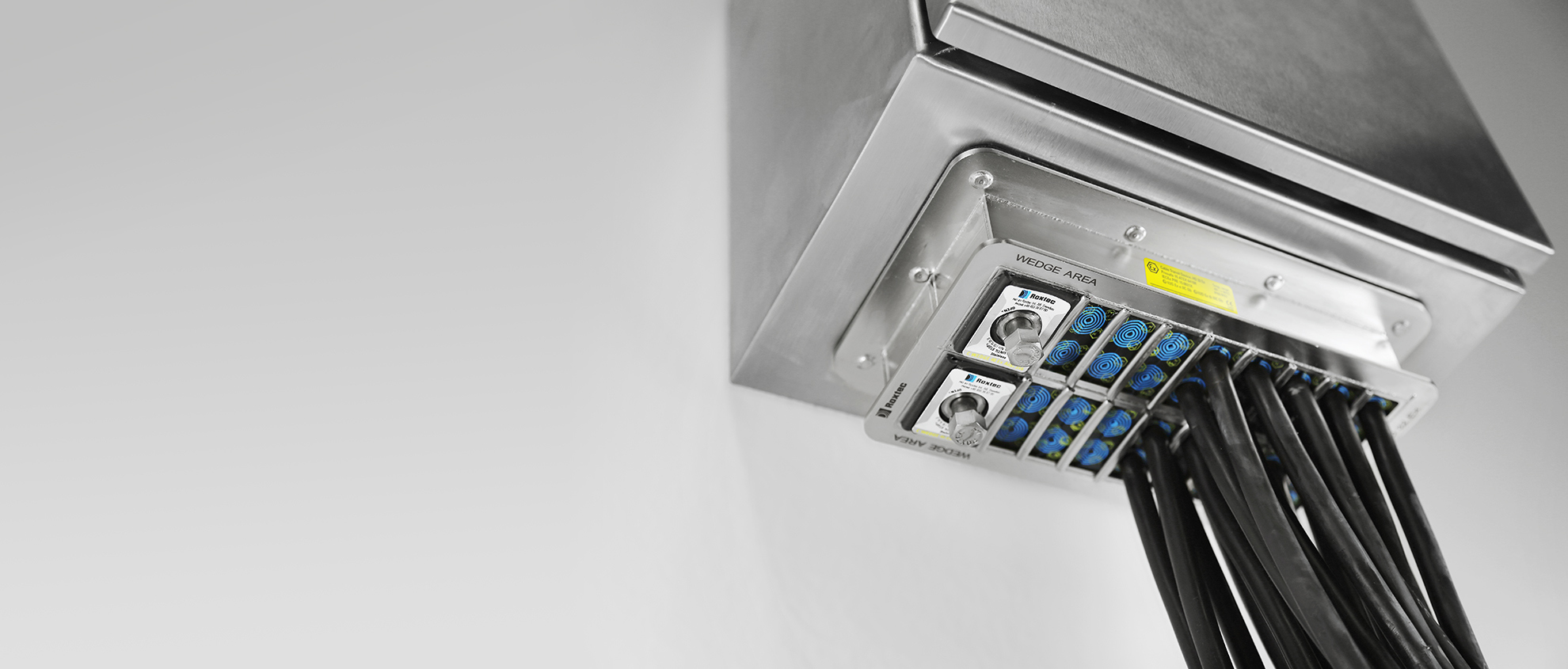Biogas, or RNG, renewable natural gas, is a popular alternative to coal, oil and other fossil fuels. Enabling reduction of greenhouse gases and presenting win-win situations within everything from power generation to sustainable aviation fuels, the bioenergy industry keeps on growing. Are there no issues? "There is the safety aspect. Whenever you handle explosive gas, you need reliable sealing," says Bill Schwartz, Regional Sales Manager of sealing solution provider Roxtec in the USA.

Biogas is generated from materials such as cattle manure, agricultural waste, food industry waste, wastewater, and landfill. The reuse of these biological materials results in energy that can be used for electricity and heating, and that can be upgraded to sustainable fuels for vehicles, trains and aircraft. Decarbonization through bioenergy is a way of fighting climate change, and many companies within process industries strive to use renewable energy instead of burning fossil fuels.
Full steam ahead
Around the world, authorities, energy giants and companies of all sizes within farming, food, water management, bio diesel, methanol, and landfill cooperate to turn decarbonization into good business. Some want to get rid of manure and in exchange receive fertilizers from the biogas production, others want to repurpose waste from cooking to generate biodiesel for use in their trucks. In many countries, companies benefit from financial support for remote and rural biogas facilities. The rising decarbonization fever means significant investments and the construction of numerous new biogas plants and process buildings as well as remote control shelters along the gas pipelines.
Certified seals are required

There are, however, things to consider: biogas environments are considered hazardous locations.
"In potentially explosive atmospheres, you must ensure safety by using certified and approved Ex rated and fire-proof components," says Bill Schwartz.
This is valid for both large plants and remote shelters containing sensors and electronic equipment for monitoring of the biogas that is injected into the gas grid. You cannot let biogas leak, because it consists of toxic or greenhouse gases such as carbon dioxide and methane, and it is explosive. It is therefore common to require sealing solutions with Ex ratings and certified true vapor barrier with possible 3-hour fire protection.
Mechanical sealing solutions
The need for ensuring safety impacts, among other things, the choice of sealing solutions for all cable and pipe penetrations on site. It is recommended to select Ex rated, gastight and weather-proof modular-based cable and pipe transits for walls, floors, and enclosures to secure all openings at the entire site and thereby ensure protection of life and assets. Bill Schwartz suggests a perfect solution:
"Roxtec mechanical seals are not only tested and approved to meet requirements regarding Ex ratings and fire protection in risky biogas environments. They are also openable and adaptable to cables and pipes of different sizes, which makes it easy to perform upgrades. It is important to be able to add cables and new equipment in an industry that embraces new innovative technologies."
Contact us
Fill out your information and we will contact you shortly.
Thank you for contacting us!
We will get back to you shortly.
Best regards,
Roxtec



